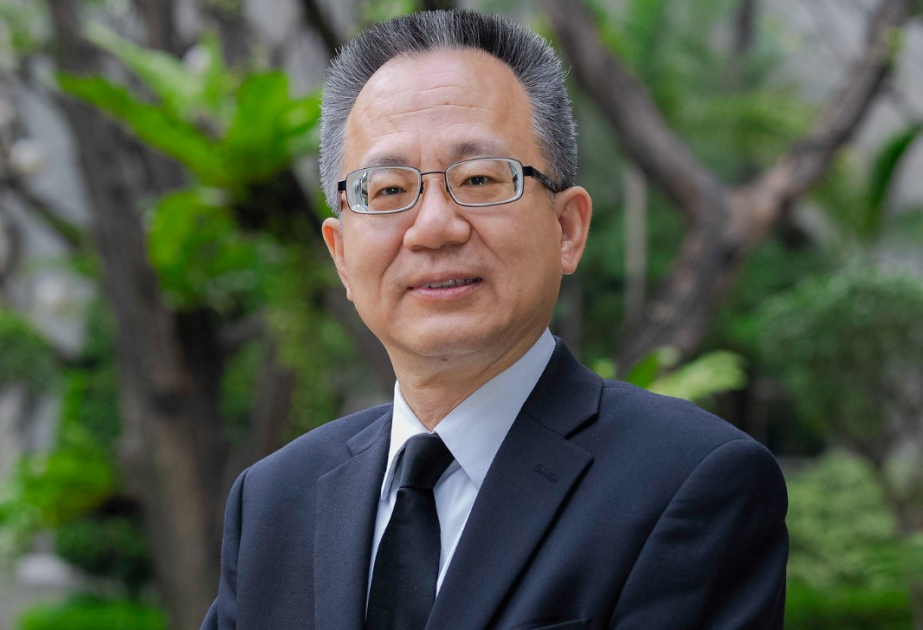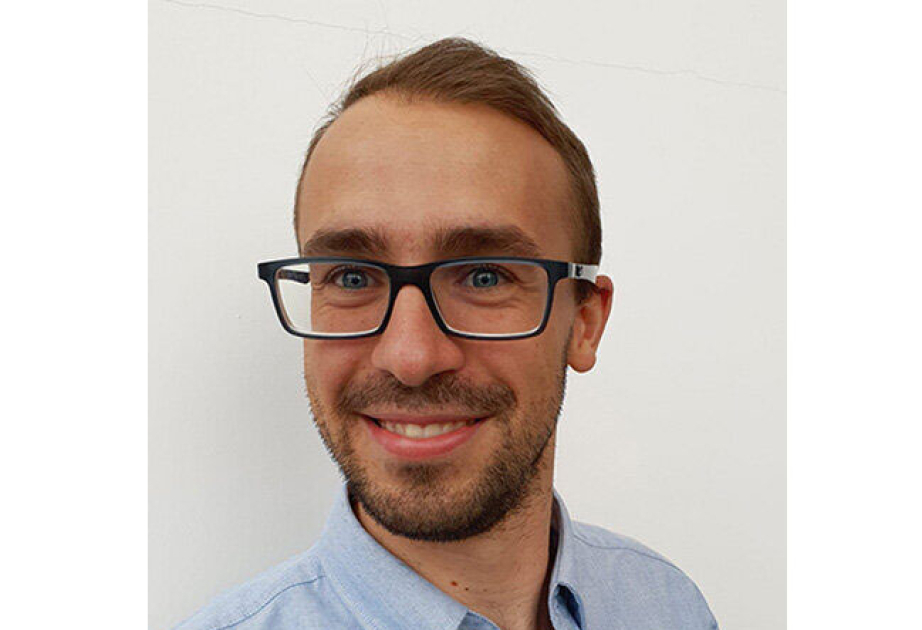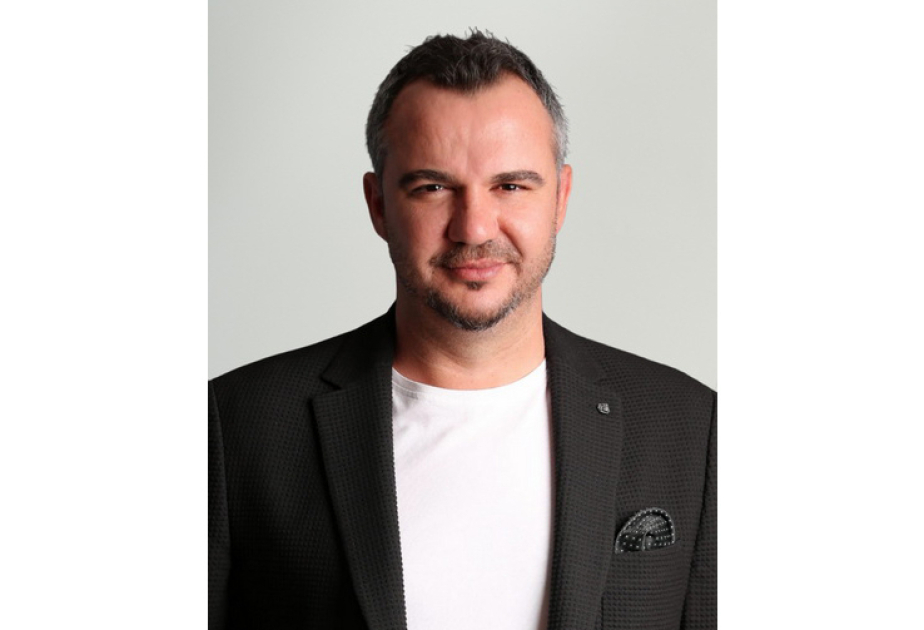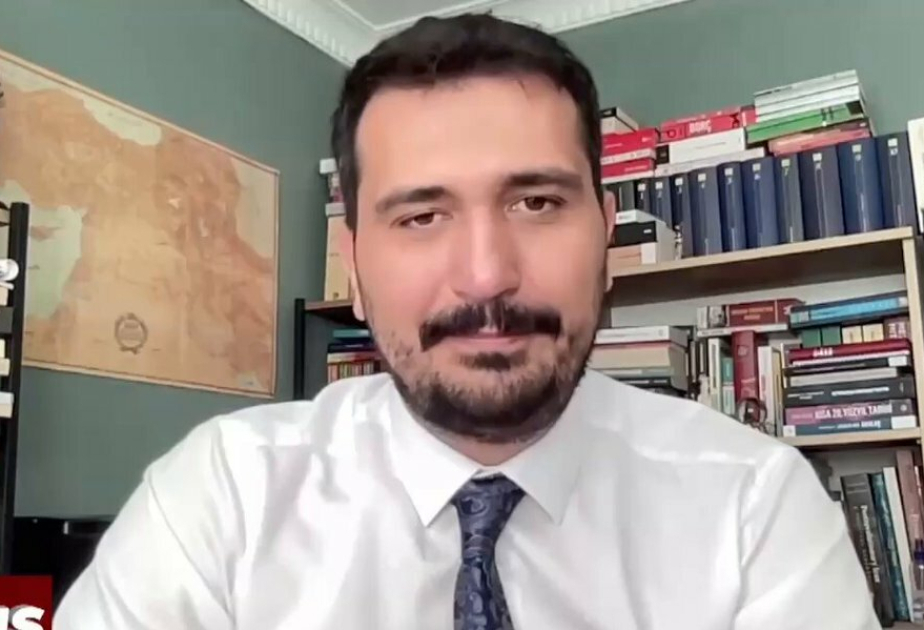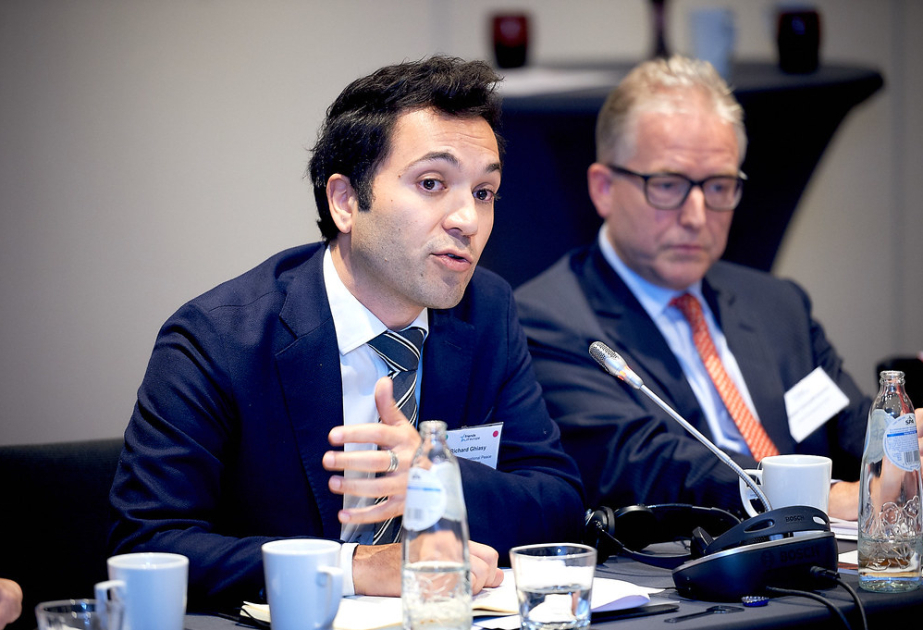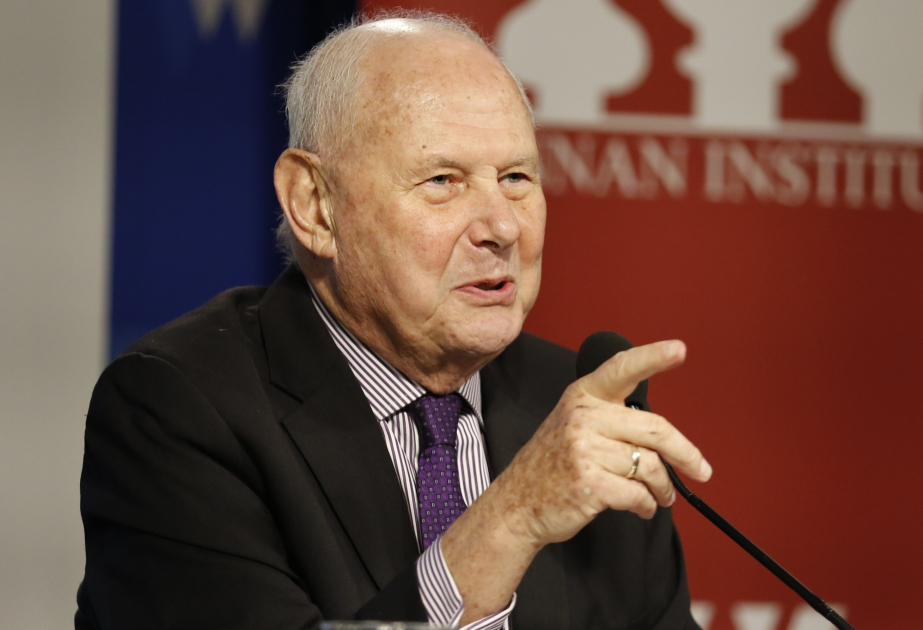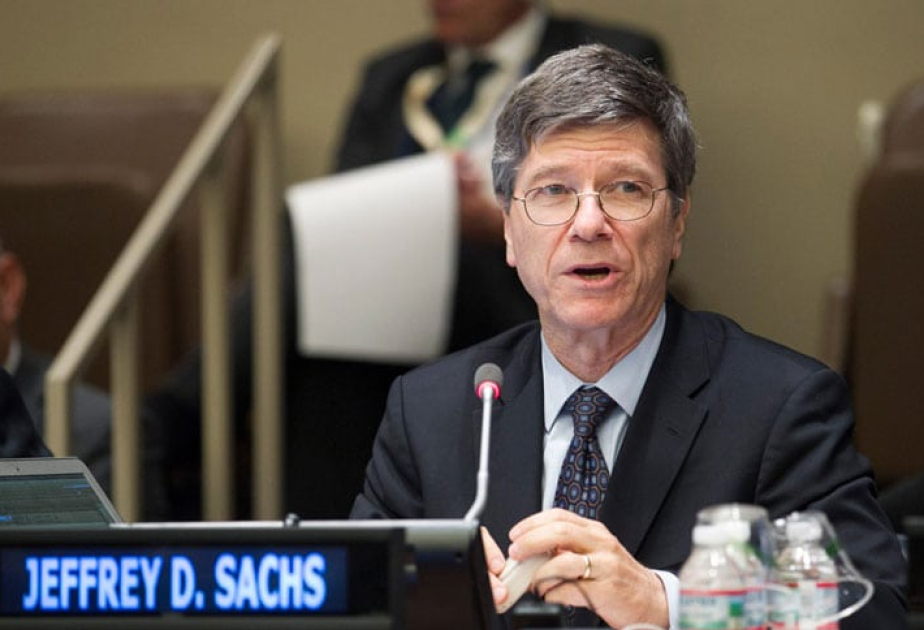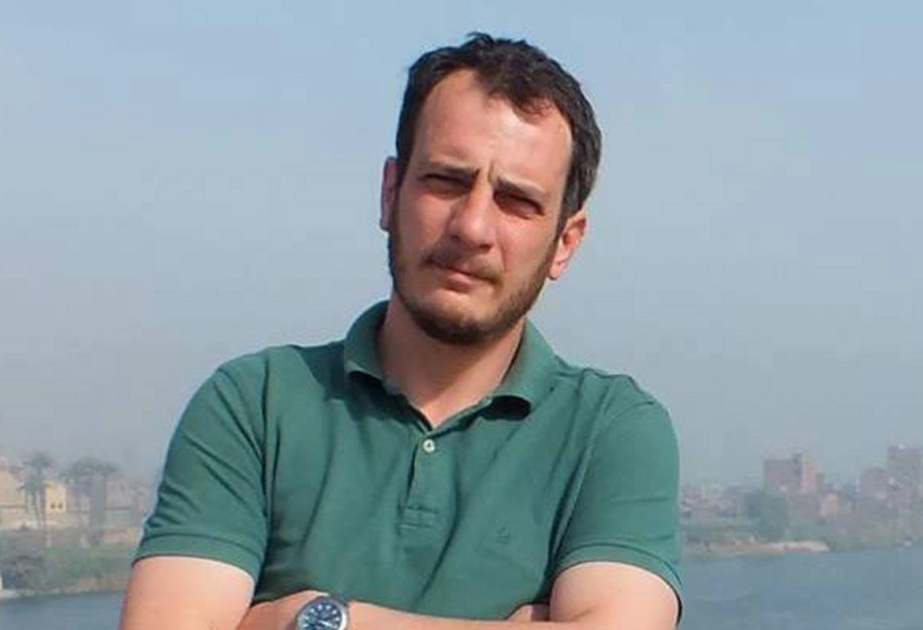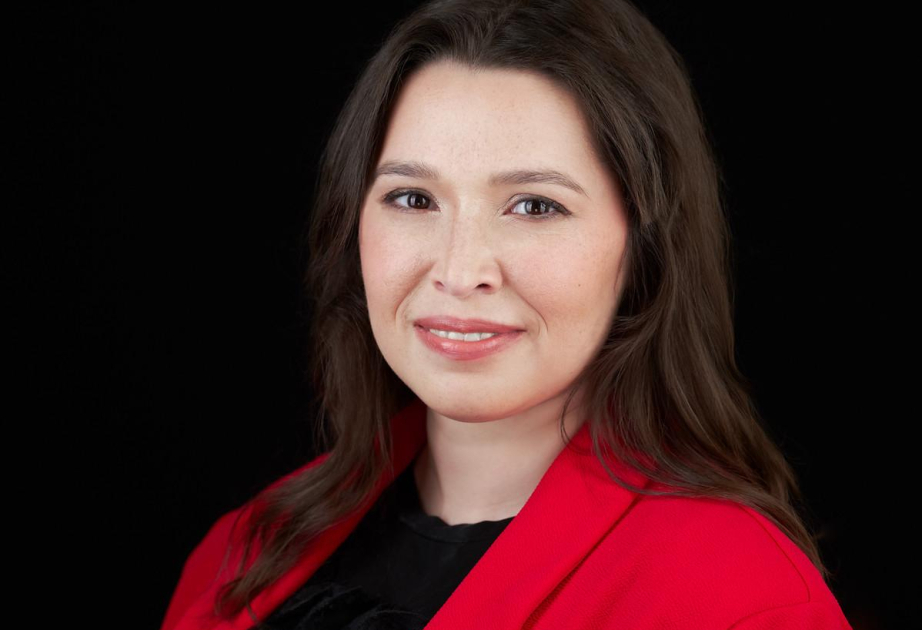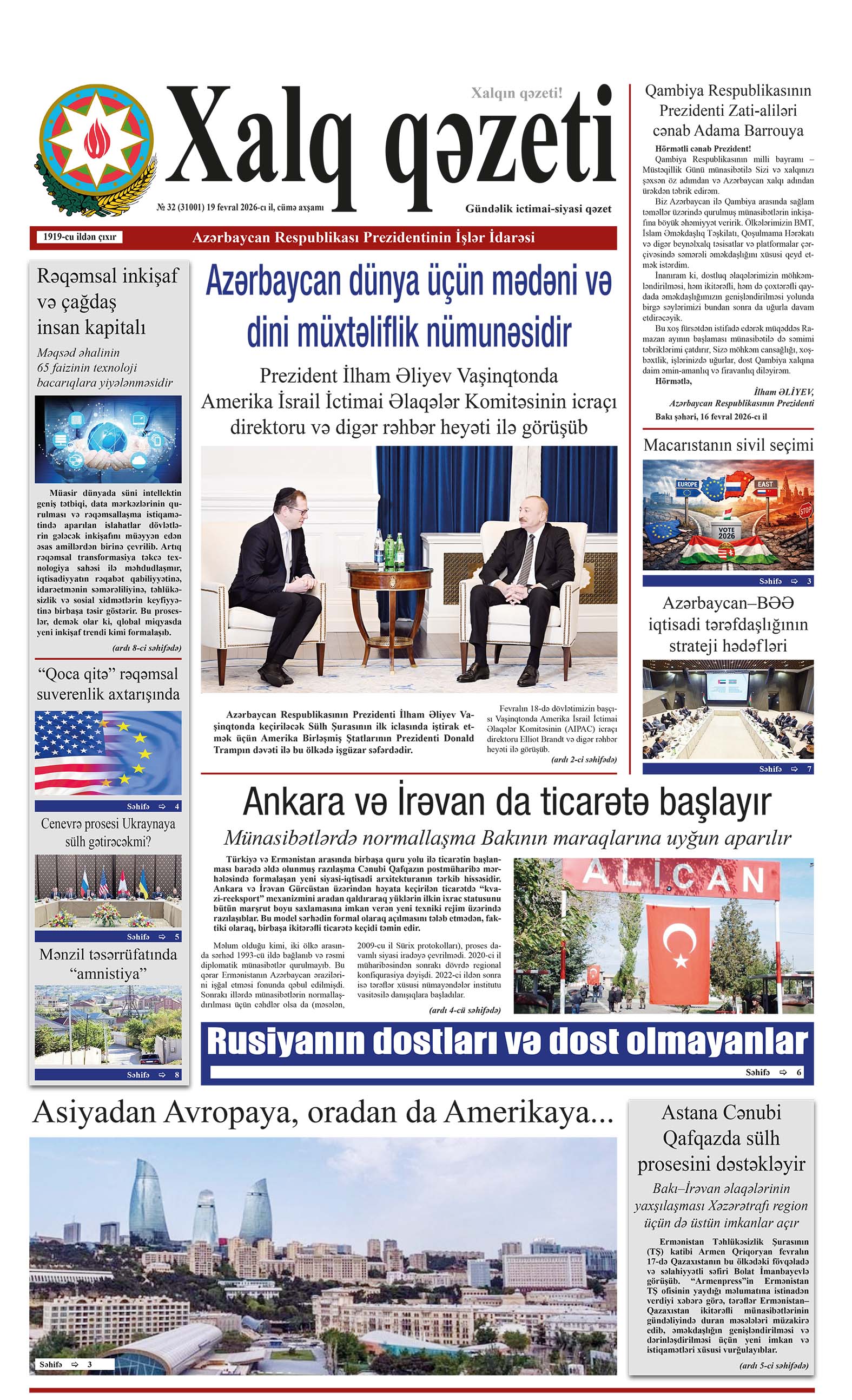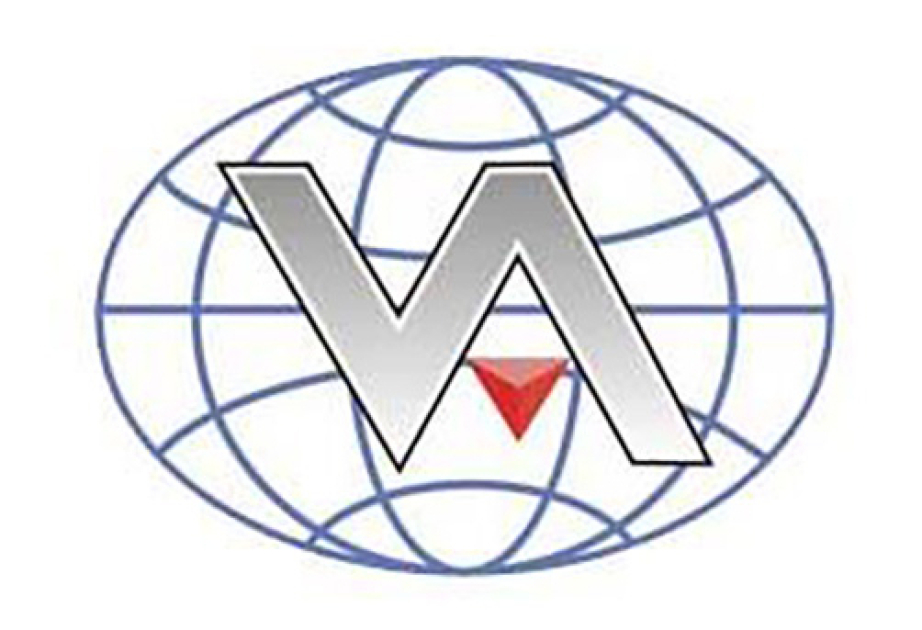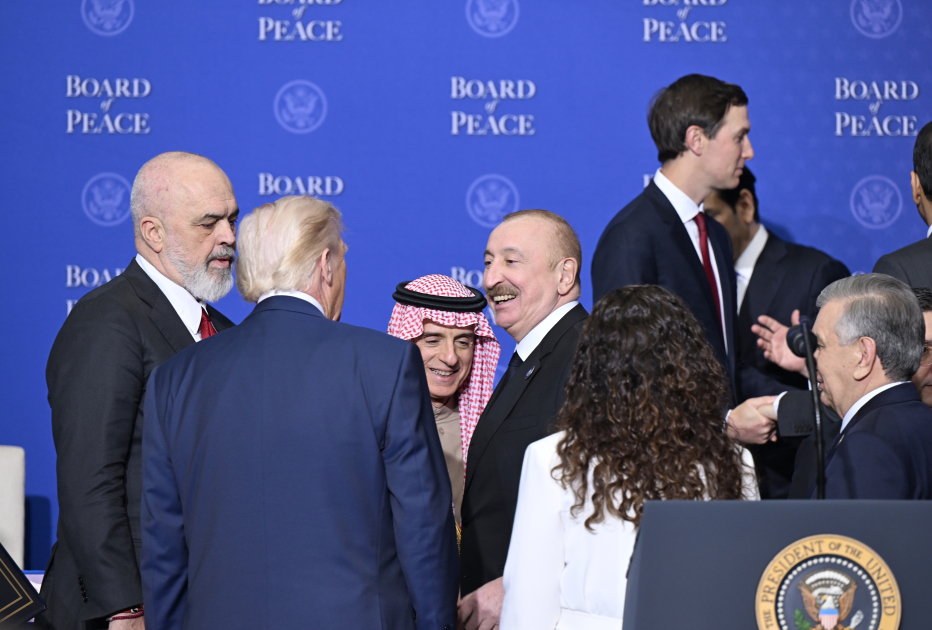AZERTAC presents an exclusive interview with Yingming Yang, Vice-President of the Asian Development Bank (ADB) for South, Central, and West Asia.
- Since 2022, ADB has more than doubled its operations with the private sector and aims to reach $13 billion by 2030. To what extent is Azerbaijan included in this strategy? Which sectors of the private economy do you consider the most promising for investment in the country?
- I would like to thank you for this opportunity. It is great to be back in Baku after my first visit to Azerbaijan during COP29 last November.
Coming back to your question, since 1999, the Asian Development Bank has had fruitful partnership with Azerbaijan in addressing country’s development priorities. Enhancing private sector growth is part of this partnership, simply because strong private sector is crucial for innovation and job creation.
Recently, ADB’s major private sector investments in Azerbaijan focus on renewable energy generation and GHG mitigation. However, over the years our private sector operations in the country has also supported the agriculture sector and financial services to support women borrowers and micro, small, and medium-sized enterprises (MSMEs), while promoting climate-smart agriculture and strengthening the banking sector.
Our private sector team closely monitors and engages in discussions regarding investment opportunities across multiple sectors in the country. We are also exploring Public–Private Partnerships (PPP) opportunities.
As part of this visit, I also had a chance to meet with representatives from the private sector and hear directly from them about how ADB can play an instrumental role in their development with the goal of achieving a more inclusive and sustainable growth for the country and provide prosperity to the Azerbaijani people.
Moving forward with our private sector engagement in Azerbaijan, we may consider private sector investments in infrastructure development, technology, and tourism, on top of our work to develop the country’s financial, energy, and agriculture sectors.
-Azerbaijan plays a key role in the development of the Middle Corridor connecting Europe and Asia via the South Caucasus and the Caspian Sea. Is ADB considering a more active involvement in infrastructure and logistics projects along this route? What initiatives do you think could enhance Azerbaijan’s transit potential within the framework of regional integration?
- The Trans-Caspian, so-called Middle Corridor, route handles only a fraction of the potential trade but has shown dramatic growth. The Middle Corridor mostly coincides with the Central Asia Regional Economic Cooperation (CAREC) Corridor 2, one of six CAREC Corridors that aims to link the region’s key economic hubs to each other. It is a multimodal route fostering intra-regional trade among CAREC countries, Asia, and Europe via the Caspian Sea.
We have put forward significant efforts in infrastructure investments along the Middle Corridor, including in Azerbaijan, through railway sector and road network development programs. Our recent efforts in digitalization and skills development for Azerbaijan Railways is a clear example of ADB’s commitment to the country’s important role of becoming the green locomotive of the Middle Corridor.
In the wake of global uncertainties, the importance of the Middle corridor keeps growing, although further support is required to realize and maximize its potential. Such support includes investments in infrastructure, enabling multimodality and harnessing digitalization that can help enhance the efficiency and capacity of the Middle Corridor.
Through the CAREC Program, ADB will identify priority projects along this route for public and private sector targeted investments in rail and road rehabilitation and expansion. We will also propose reforms and investments to improve railway operational efficiencies, while promoting private sector participation in expanding the handling capacity and productivity of Caspian ports, as well as logistics centers that connect shipments to merchants, freight forwarders, and traders.
We are also exploring project opportunities in urban and tourism development and the improvement of border crossing points with digital solutions. These are essential in turning transport corridors into economic corridors that generate income-earning opportunities through jobs and businesses, including for our youth and women.
-What role can ADB play in modernizing the electricity grid and developing smart energy distribution systems in the country?
- First, I would like to emphasize our successful projects in Azerbaijan regarding power distribution and transmission. Through these projects, ADB supported the government's efforts in providing reliable and efficient power supply to meet energy needs for inclusive development, especially in rural areas. These projects also contributed in optimizing the domestic energy resource utilization and reducing fossil fuel consumption and power imports.
With long experience in this sector, we update our energy policy periodically to better assist our developing member countries. ADB’s new energy policy is being developed and that will offer us more options to engage with the Government of Azerbaijan and the private sector.
ADB is keen to support the integration of renewable energy in the national grid by promoting regional power transmission interconnections and developing green energy corridors. In fact, the Caspian Green Energy Corridor is one of the major regional energy and electricity transmission projects that we support. This strategic project will create a green corridor for the transmission of renewable energy from the Caspian region via Black Sea Cable to Europe. It will bolster regional energy collaboration and establish a solid foundation for cross-border electricity trade.
For this mega regional project, we keep expanding our support. As you may recall, on 4 April 2025, ADB, together with the Asian Infrastructure Investment Bank (AIIB), and the energy ministries of Azerbaijan, Kazakhstan, and Uzbekistan signed a Memorandum of Understanding (MOU) to support the feasibility study for the Caspian Green Energy Corridor Project. The study will evaluate the system's technological and financial feasibility as well as its regulatory and environmental needs.
The initiative aligns with ADB's mission to support sustainable development and regional cooperation, promoting energy security, sustainability, and economic development in the region.
-What is the role of Azerbaijan in ADB’s strategic vision for the next 5-10 years? Are there any plans to expand current cooperation programs?
- The new ADB Country Partnership Strategy (CPS) for Azerbaijan covering 2025–2029 is about to be finalized. I would like to thank the government of Azerbaijan, the private sector, and other key stakeholders with whom we continue to have close coordination with and whose insights helped shape our strategy in Azerbaijan.
During my visit to the country last week, I held important meetings with senior government officials in Baku to reaffirm ADB’s further support for the country in achieving a sustainable and competitive economy, as well as a prosperous and equitable society. In this regard, ADB’s future support for the next 5 years will mainly focus on two strategic pillars—enabling a green and diversified economy and fostering low-carbon connectivity and inclusive development.
ADB remains committed more than ever to support Azerbaijan towards its goal of a greener, inclusive, and prosperous future as identified in the government’s socio-economic priorities. This also includes private sector development, human capital and skills development, digital transformation, regional cooperation and integration, climate action, as well as continued support for key energy, transport, water, and agriculture projects. We will also keep an eye on the upcoming "Strategy for the Socio-Economic Development of the Republic of Azerbaijan for 2027–2030" to better align our support as needed.
I look forward to my next visit to Azerbaijan when I hope to visit ADB-financed projects in areas outside Baku.


